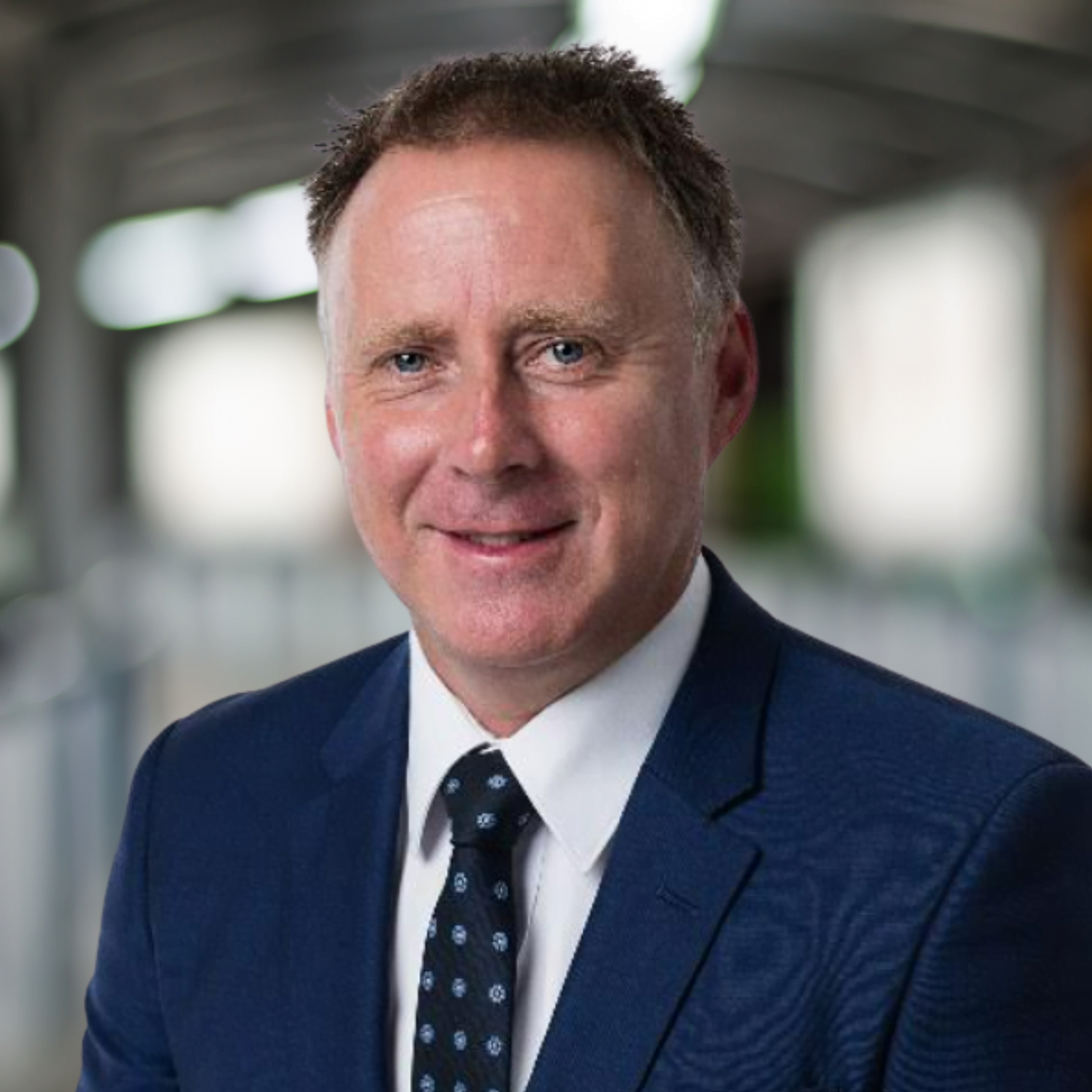“How might our collective focus to the ethics of care – as opposed to the duty of care – provide a more useful and humane set of guiding principles in our way forward in professional sports?”
Matt Finnis, Cranlana’s CEO, reflects on this week’s Senate Inquiry into concussions and repeated head trauma in professional sports.
Anita Frawley’s submission to this week’s Senate Inquiry into concussions and repeated head trauma in contact sports was as invaluable a perspective as it was confronting to hear.
That the widow of the late AFL great Danny Frawley was able to strike such a rare balance of brutal honesty with constructive advice to our elected representatives was no surprise to those who know her, but nevertheless afforded a sharp reminder of why those with lived experience must sit close to the development of any effective roadmap to address this existential challenge to our sporting fabric.
Anita’s statement concluded as follows…
“For me, this is not about blame or justice-seeking, it is way more simple than that. It’s about care. The care of human beings that have given their lives to the sport they loved. Only by prioritising care will our sporting bodies discharge their responsibility to protect and support our athletes during their careers and long after.”
Anita Frawley speaks at this week’s Senate Inquiry, Photo credit: AAP
Our parliamentary and sporting leaders will have much to think about and take away from Wednesday’s committee hearings. But for mine, Anita’s articulation of the shift in mindset (let alone policy) which is required to underpin our collective approach is a provocation worth considering further.
In recent months, much of the public discourse around concussion and in particular, how sporting codes respond to victims of long term impacts of repeated head traumas, has pitted athletes (current and former), their families, doctors, sports administrators and others against one another in an adversarial blame game full of legal principles, court proceedings and lawyers at ten paces.
 As a former lawyer, hopefully I understand better than most the role the law has to play in providing a framework for resolution of difficult disputes and guidance on the responsibilities each of the actors on this stage owe to themselves and one another.
As a former lawyer, hopefully I understand better than most the role the law has to play in providing a framework for resolution of difficult disputes and guidance on the responsibilities each of the actors on this stage owe to themselves and one another.
But I also hope that for the sake of the effected athletes and their loved ones we can find a better way forward. And by challenging us to “prioritise care,” Anita Frawley is simply but critically showing us the way.
Policy makers moved by Anita’s heartfelt presentation might ponder how shifting our collective focus to the ethics of care – as opposed to the duty of care – might provide a more useful (let alone humane) set of guiding principles to underpin our way forward.
At its core, the ethics of care emphasises the importance of relationships in ethical decision-making.
It can be distinguished from other ethical frameworks such as virtue ethics (think Aristotle), duty based frameworks or even the common utilitarian model of prioritising the greatest good, by its recognition that our emotions and social relations have a valuable role to play in how we make good decisions.
In the context of sport and concussion, the ethics of care requires us to consider the impact of repeated head traumas not only on the individual athlete, but also on their teammates, coaches, and families. The ethics of care would have us foster a culture where athletes feel supported and valued not only for their performance, but also for their wellbeing as individuals.
Now few would disagree with this basic principle, but as with any complex issue, determining exactly how we go about that is often more difficult than it sounds.
Fortunately, the ethics of care can also be used to guide our response, including how we might design an integrated compensation and support scheme for former athletes that could avoid emotional, drawn out and contested court proceedings.
First and foremost, a care centred approach would seek to readily provide some form of no fault compensation to athletes for the harms they have suffered as a result of their concussions. This might involve providing financial compensation to cover medical expenses, lost income, and other costs associated with the injury. However, it would also involve taking a broader view of the impact of the injury on the athlete’s life, recognising the emotional and social impacts and seeking to address these as well.
Critically though, in addition to providing compensation, a care-centered approach would also prioritise the ongoing support of athletes who have suffered concussions. This might involve providing access to expert medical care and rehabilitation services which take account of their unique circumstances, extending to case management, medical advocacy, mental health programs and counselling – not just for the athlete but also for family members who may also struggle with the impacts on relationships and their own life aspirations.
And unsurprisingly, an ethics of care informed model would involve listening to the lived experiences of athletes and their families, and taking these into account not only in the design of the scheme but also its implementation. This would require a commitment to empathy, compassion, and responsiveness, as well as a willingness to prioritise the well-being of athletes over other competing interests.
This approach stands in stark contrast to a duty of care response to concussion which emphasises legal obligations to provide compensation following complex assessments of precedent and fault to determine liability of various parties – often undermining relationships, connections to support networks and empathy for individual’s circumstances in the process.
As alluded to above, a legalistic duty of care approach has a role to play in some contexts, however it clearly has its limitations when it comes to concussion compensation for former athletes – not the least being the historical nature of many claims and the delayed onset of some symptoms of long-term damage.
Of course, any ethical framework is just a guide for how leaders or we as society seek to resolve difficult decisions. Divorcing the philosophy from the real constraints of our context can render the process impractical.
Questions of resource allocation, levels of expertise and balancing sustainability with individual needs are all substantial matters in their own right which any responsible sport governing body must carefully consider.
And we shouldn’t expect the first iteration of any solution will be perfect because expertise in provision of compensation and the wrap around care required for complex individual cases will take time for sporting bodies to develop.
But what is certain, is that any approach which fails to compassionately recognise and cater for the emotional and social impacts of concussions will risk losing the moral authority required to engender trust in the fabric of sport amongst athletes, their families and the broader community.
And that’s the mindset shift which Anita Frawley is imploring us to make.
Cranlana Centre for Ethical Leadership’s programs include the 2 day Executive Ethics, 6 day Executive Colloquium and year-long Vincent Fairfax Fellowship. We also deliver online and customised corporate programs. Find the right program for you here. They are all held under the Chatham House Rule to encourage genuine and open debate, and allow participants to candidly discuss sometimes sensitive issues in private while allowing the topic and nature of the debate to be made public, and contribute to a broader conversation. The Alumni program offers ongoing leadership development support and a lifelong connection with Cranlana.
Share This Story
Related articles
The Cranlana Method
We don’t teach leadership skills. Instead, we help leaders apply the skills they already have more wisely – by building clarity of purpose and ethical courage. Drawing on a rich history of philosophical wisdom, they encourage fresh and considered approaches to challenges – offering insights that, for many participants, will fundamentally transform their concept of leadership. Our courses are dialogue-based and immersive, bringing small groups of high-level leaders together for discussions that are wide-ranging and expertly guided. They are rigorous, in-depth and practical, providing high-level learning experiences and understanding to strengthen your capabilities as an effective and ethical leader.
Interested in discovering more?





